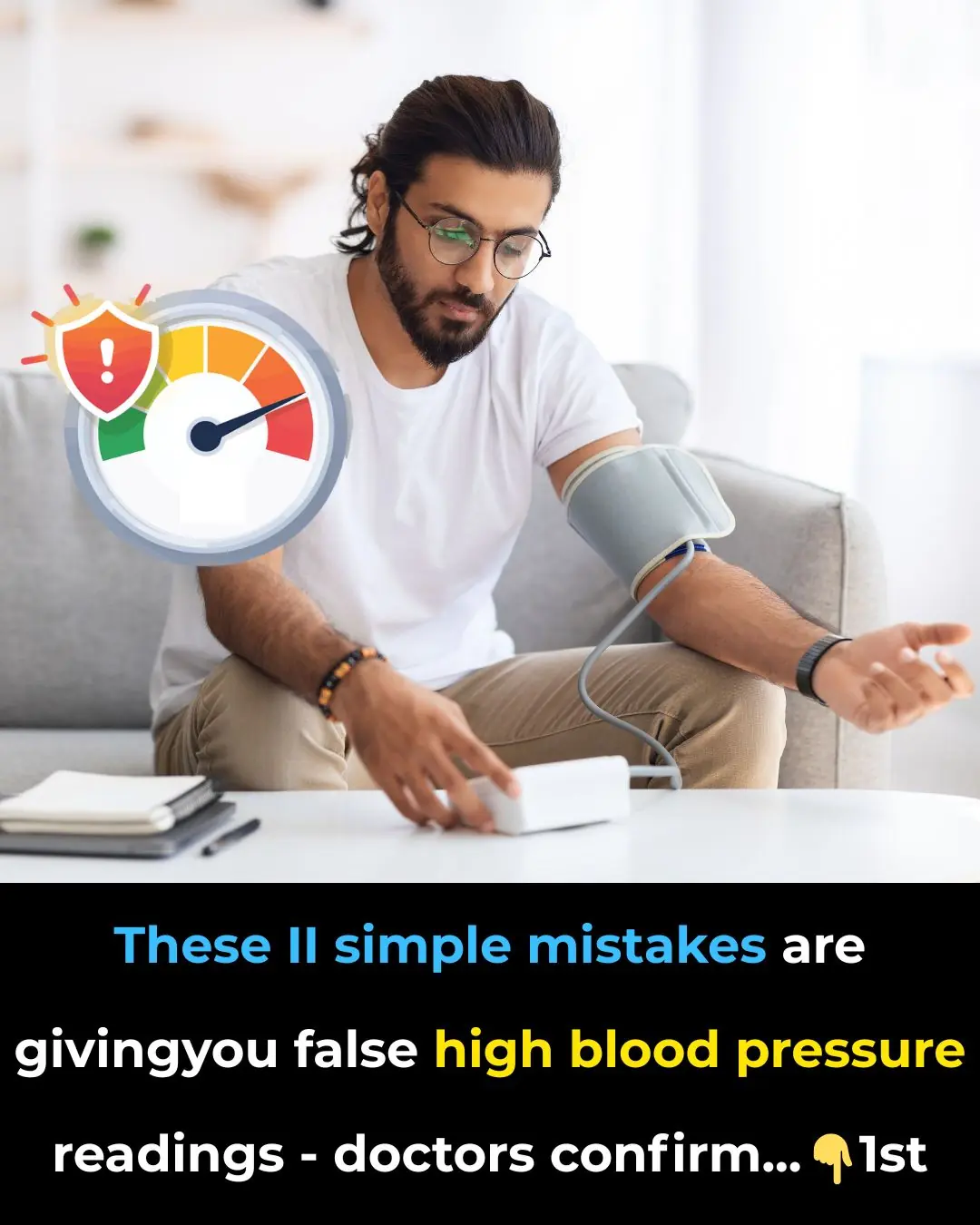
4 powerful vitamins you need for circulation – prevent blood clots in your legs now!

Many people deal with discomfort when walking, nighttime cramps, swelling, or a constant sense of heaviness and tingling. What most don’t realize is that these symptoms are often linked to underlying issues in the blood vessels. Poor circulation can quickly lead to varicose veins, chronic swelling, and in more serious cases, blocked arteries.
Healthy circulation is essential for your entire body to function properly—from delivering oxygen to your muscles to removing toxins and waste. When this system weakens, it can trigger a surprising number of health problems. In this guide, we'll break down the warning signs of poor circulation and introduce four powerful vitamins that can help improve blood flow naturally and support vascular health.
✅ Key Takeaways
-
Identify the five major warning signs of poor circulation, such as persistent numbness, cold extremities, activity-related leg cramps, skin discoloration, and varicose veins.
-
Learn how Vitamin B3 (Niacin) supports flexible blood vessels and promotes healthy cholesterol balance.
-
Understand how Vitamin C strengthens connective tissue and helps maintain resilient vessel walls.
-
Discover the important role of Vitamin K in regulating blood clotting and preventing arterial calcification.
-
See why Vitamin E is one of the most effective antioxidants for protecting blood vessels and improving overall circulation.
🎯 Is Your Body Trying to Warn You About Circulation Problems?

Circulation issues often develop slowly and silently. Many people dismiss early symptoms or blame them on aging, long workdays, or tired muscles. While anyone can experience poor circulation, some groups are more prone to it—particularly older adults, smokers, individuals with diabetes, and those with high blood pressure or heart disease.
If you notice any of the warning signs below, it might be time to consult a healthcare professional. The sooner circulation issues are addressed, the easier they are to manage.
1. Persistent Numbness or Tingling
That familiar pins-and-needles sensation in your feet or legs can be a sign that your nerves and muscles aren’t getting enough oxygen. It may appear after sitting for long periods, crossing your legs, or even when you’re just resting. When it becomes frequent, it’s often a red flag for restricted blood flow.
2. Constantly Cold Feet
If your feet feel icy—even when the weather is warm—your extremities may not be receiving enough blood. Over time, this decreased circulation can also lead to dry skin, brittle nails, or slower healing of minor injuries.
3. Leg Cramps While Moving
Severe leg cramps during exercise or walking, especially cramps that force you to stop, can indicate serious circulation problems. This condition, known as intermittent claudication, occurs when your muscles can’t get the oxygen they need. These cramps can also intensify at night, waking you from sleep.
4. Changes in Skin Color
Take a moment to examine the skin on your legs and feet. Pale, purple, blue, or dark brown patches—especially around the ankles—can signal damaged or weakened blood vessels. Poor circulation can also cause swelling and slower healing of cuts or bruises.
5. Varicose Veins and Spider Veins
Twisted, bulging veins close to the skin’s surface often appear when blood pools due to weakened vein walls or faulty valves. While they’re common, they’re also a visible sign that your veins are under strain.
If you notice any of these symptoms, don’t ignore them. Improving circulation early can prevent long-term complications—and for many people, the solution starts with nutrition.
🚀 Four Essential Vitamins to Improve Blood Flow Naturally
Below are four vitamins that play a major role in supporting heart health, strengthening blood vessels, and maintaining optimal circulation.
➡️ Vitamin B3 (Niacin)

Niacin is one of the most important nutrients for circulatory health. It helps keep your blood vessels flexible and reduces the risk of blockages, making it especially useful for people with varicose veins or high cholesterol.
Why it matters:
-
Supports healthy blood vessel dilation
-
Helps prevent the formation of blood clots
-
Lowers LDL (“bad”) cholesterol
-
Raises HDL (“good”) cholesterol
-
Reduces plaque buildup in the arteries
Great food sources:
-
Eggs
-
Chicken breast
-
Salmon and tuna
-
Almonds and other nuts
Adults typically need about 14–16 mg per day—easy to achieve through a balanced diet. Supplements are usually unnecessary unless a deficiency is diagnosed.
➡️ Vitamin C (Ascorbic Acid)
Vitamin C is well known for boosting immunity, but it also plays a crucial role in promoting healthy blood vessels.
Why it matters:
-
Strengthens vessel walls
-
Promotes collagen production for vein structure
-
Helps prevent varicose veins
-
Acts as a powerful antioxidant
Top sources:
-
Oranges, lemons, limes
-
Kiwis and strawberries
-
Guava (which contains more vitamin C than oranges!)
-
Broccoli, spinach, and red peppers
For best results, eat these foods fresh—vitamin C breaks down when exposed to heat or light. Try not to exceed 2,000 mg per day if taking supplements.
➡️ Vitamin K (K1 and K2)
Vitamin K is essential for balanced clotting and overall vascular stability.
Why it matters:
-
Regulates blood clotting
-
Prevents the formation of dangerous clots
-
Helps stop calcium from accumulating in artery walls
-
Reduces risk of atherosclerosis
Where to find it:
Vitamin K2:
-
Natto
-
Aged cheeses (Gouda, Emmentaler)
-
Eggs and liver
Vitamin K1:
-
Broccoli
-
Kale
-
Spinach
-
Leafy greens of all kinds
A daily green smoothie with kale, celery, apple, ginger, and mint can give you a natural vitamin K boost.
Important:
If you’re taking blood thinners such as warfarin, you don’t have to avoid vitamin K. You just need to keep your intake consistent so your doctor can adjust your dosage properly.
➡️ Vitamin E
Vitamin E is one of the strongest antioxidants for protecting your blood vessels from oxidative stress.
Why it matters:
-
Protects vessel walls from damage
-
Helps prevent clots
-
Supports healthy blood pressure
-
Promotes nitric oxide production for vessel relaxation
-
Enhances overall blood flow
Excellent sources:
-
Almonds
-
Sunflower and pumpkin seeds
-
Avocado (especially the darker green flesh near the skin)
-
Spinach and broccoli
-
Extra-virgin olive oil
You rarely need supplements—a small handful of almonds can provide nearly half your daily requirement.
✨ Final Thoughts
Circulation is one of the most important—and often overlooked—systems in your body. Paying attention to early symptoms and nourishing yourself with the right vitamins can make a significant difference. By improving blood flow, you not only protect your heart and veins but also boost your energy, mobility, and long-term wellness.
If your symptoms persist or worsen, make sure to consult a healthcare professional for proper evaluation
News in the same category

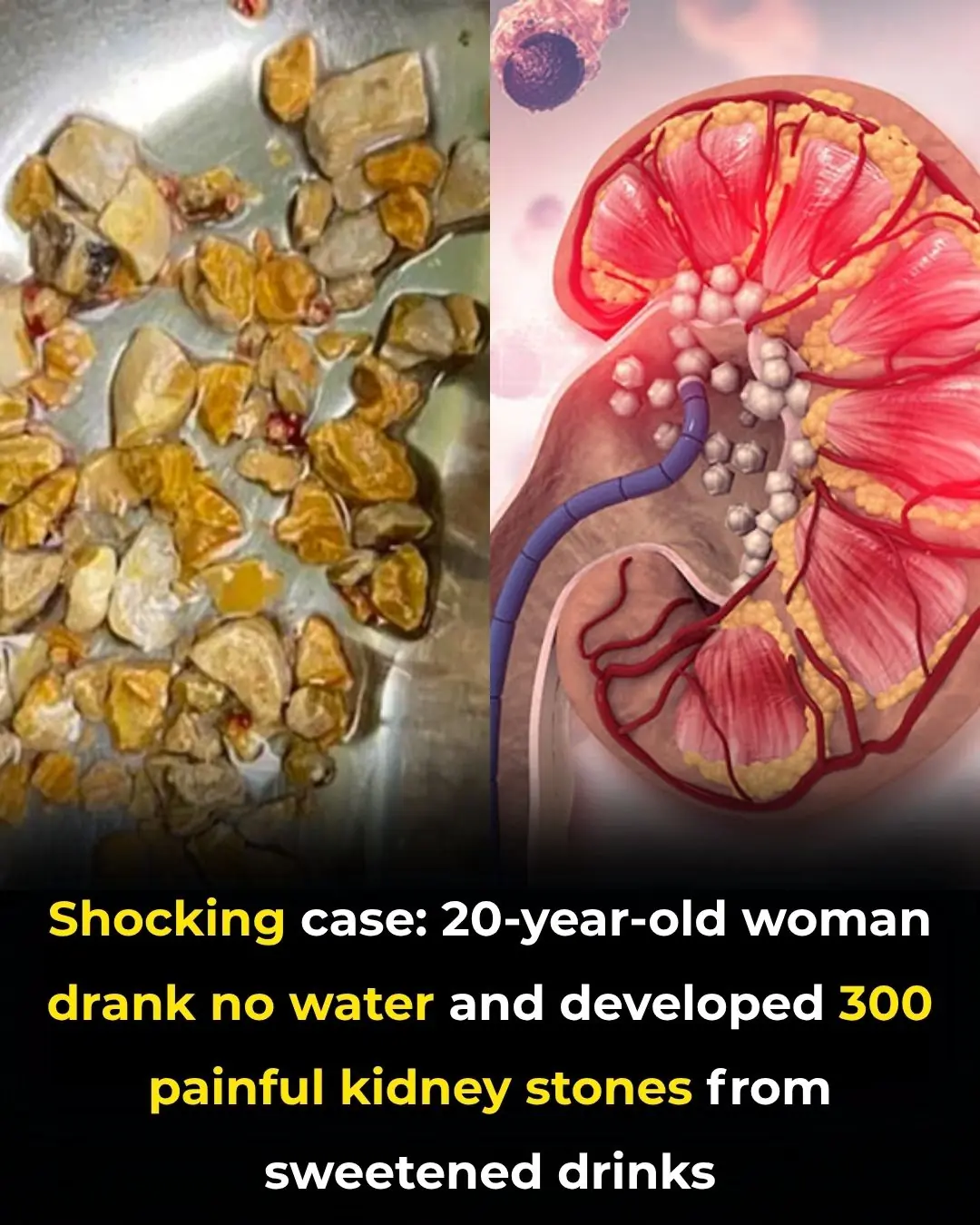
More Than 300 Kidney Stones: A Startling Warning About Sugary Drinks and Dehydration
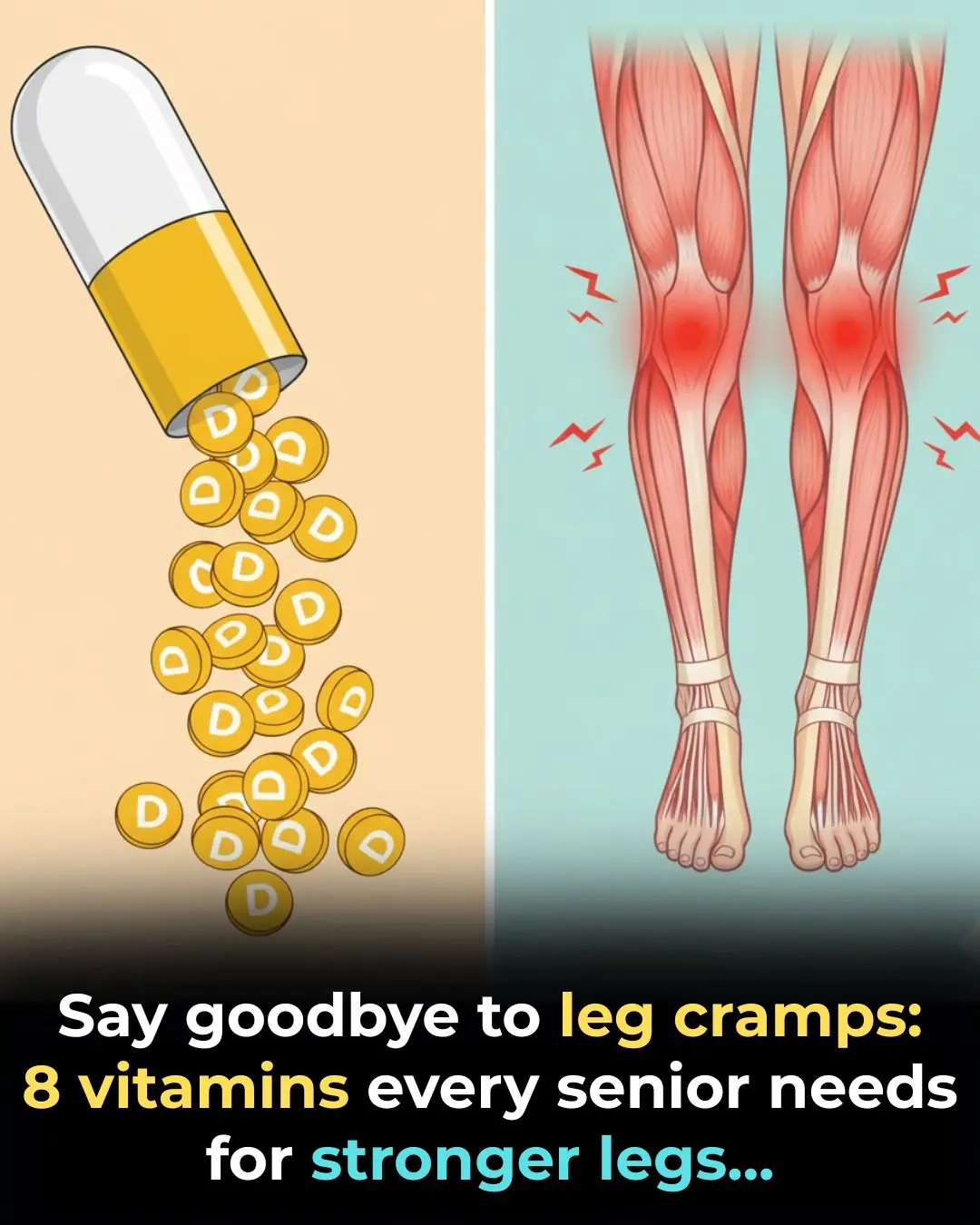
Vitamins Every Senior Needs for Stronger Legs

What It Means If You Always Need To Poop Straight After Eating
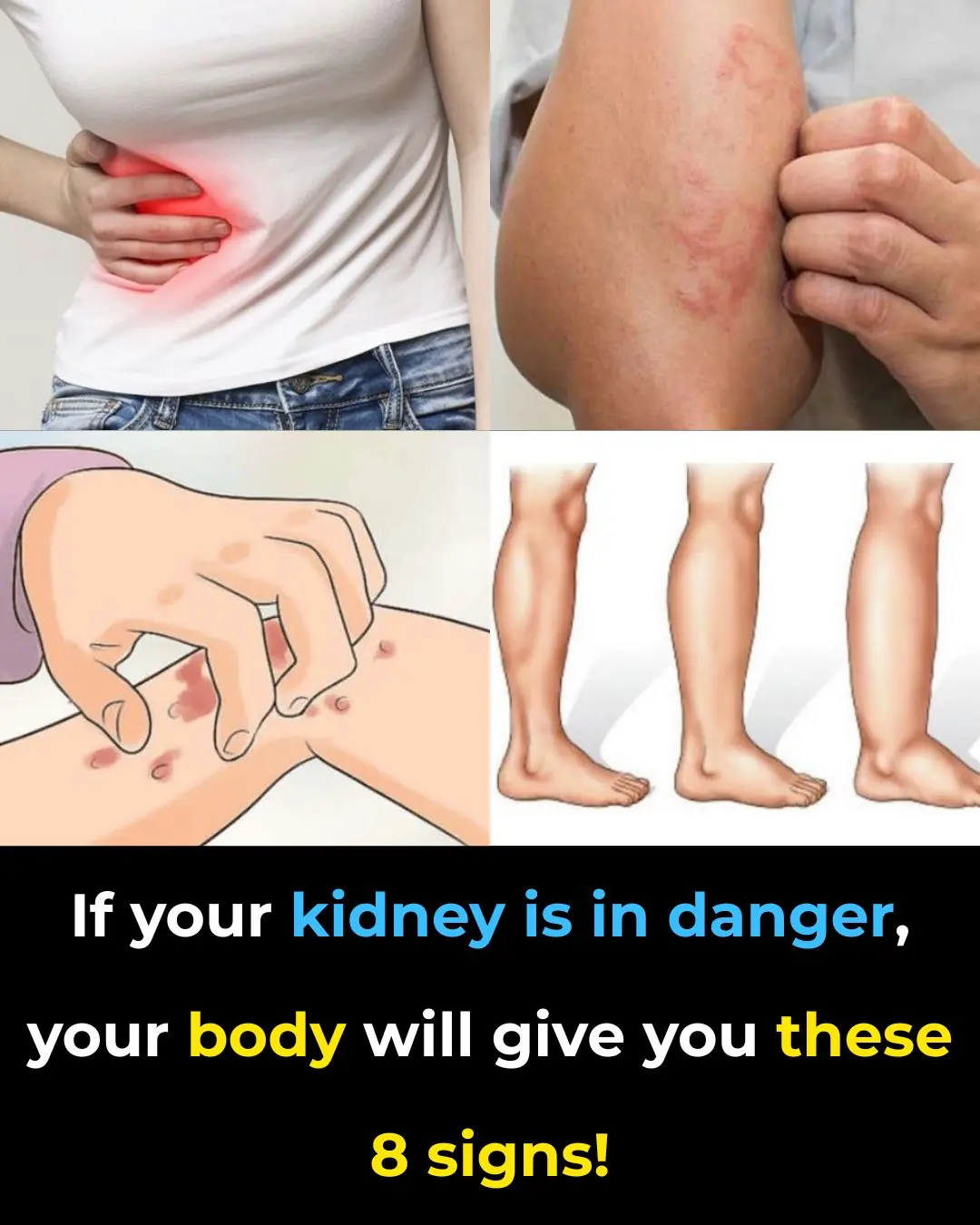
🩺 If Your Kidneys Are in Danger, Your Body Will Warn You With These 8 Signs
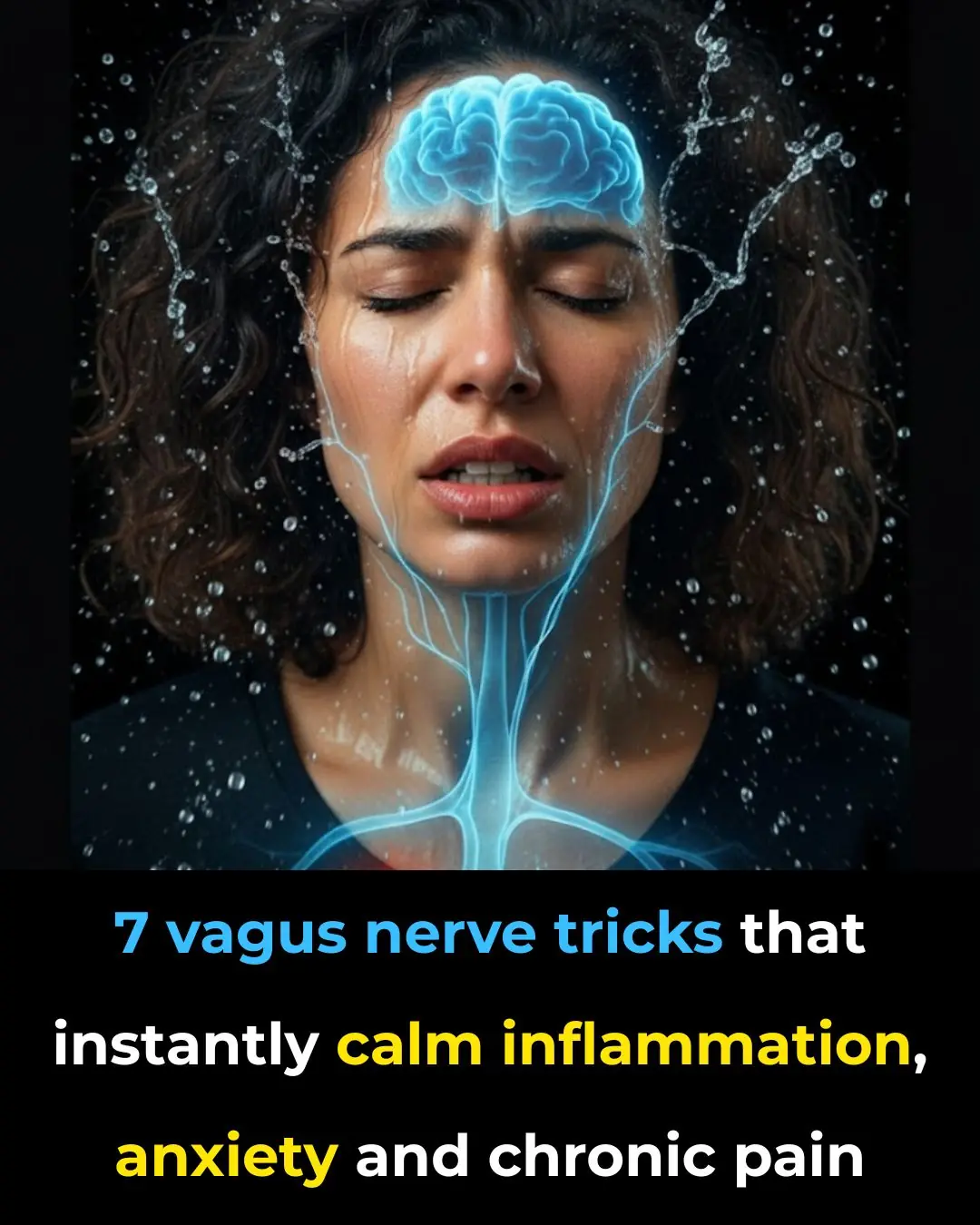
7 Ways To Instantly Stimulate Your Vagus Nerve To Fight Inflammation, Depression And Migraines
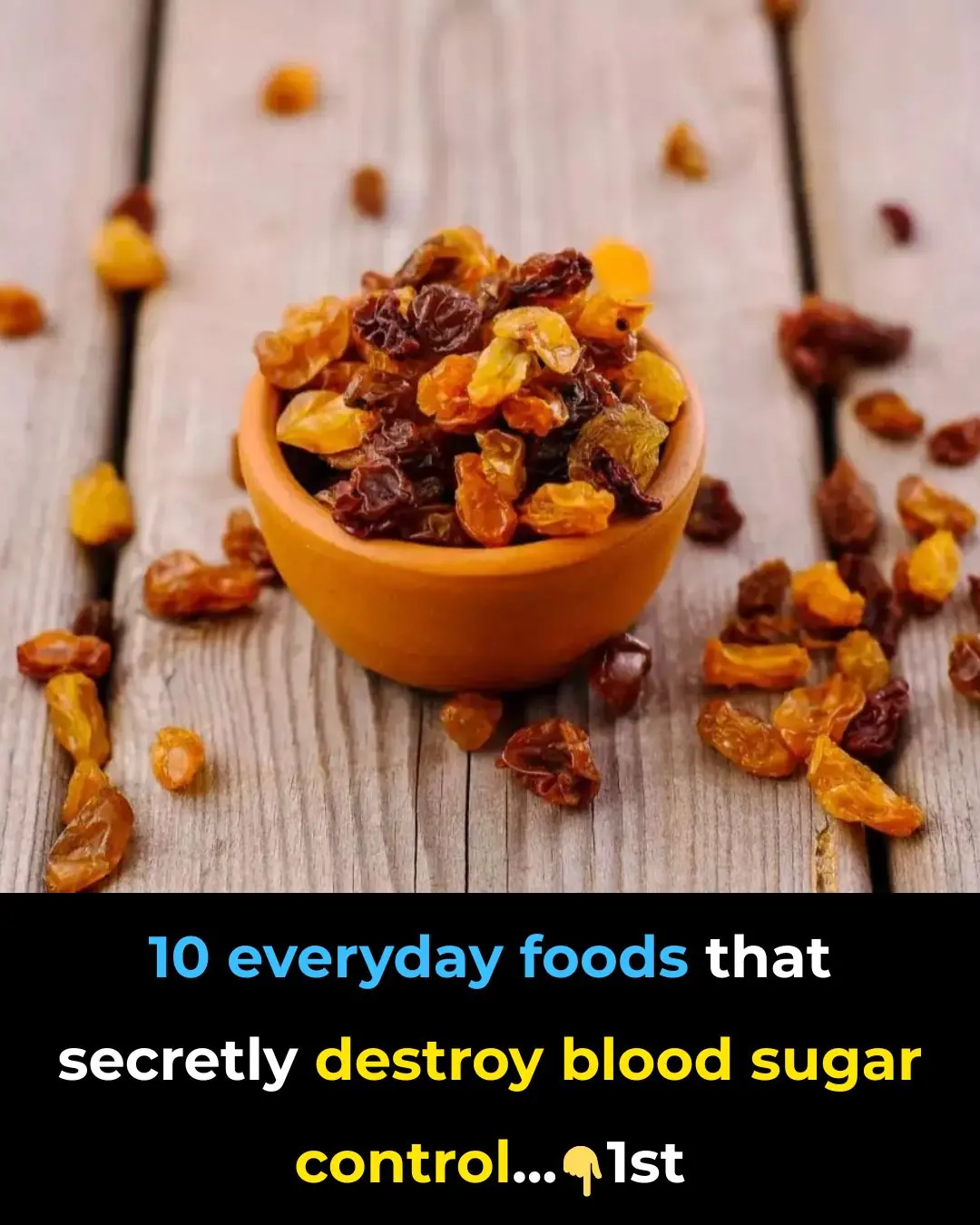
10 Worst Food for Diabetics: Top Foods to Avoid
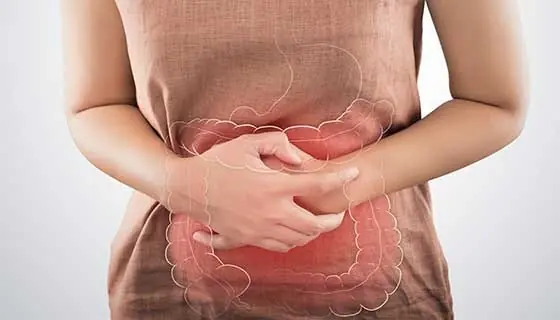
HERE’S HOW TO QUICKLY EMPTY YOUR BOWELS AND END CONSTIPATION
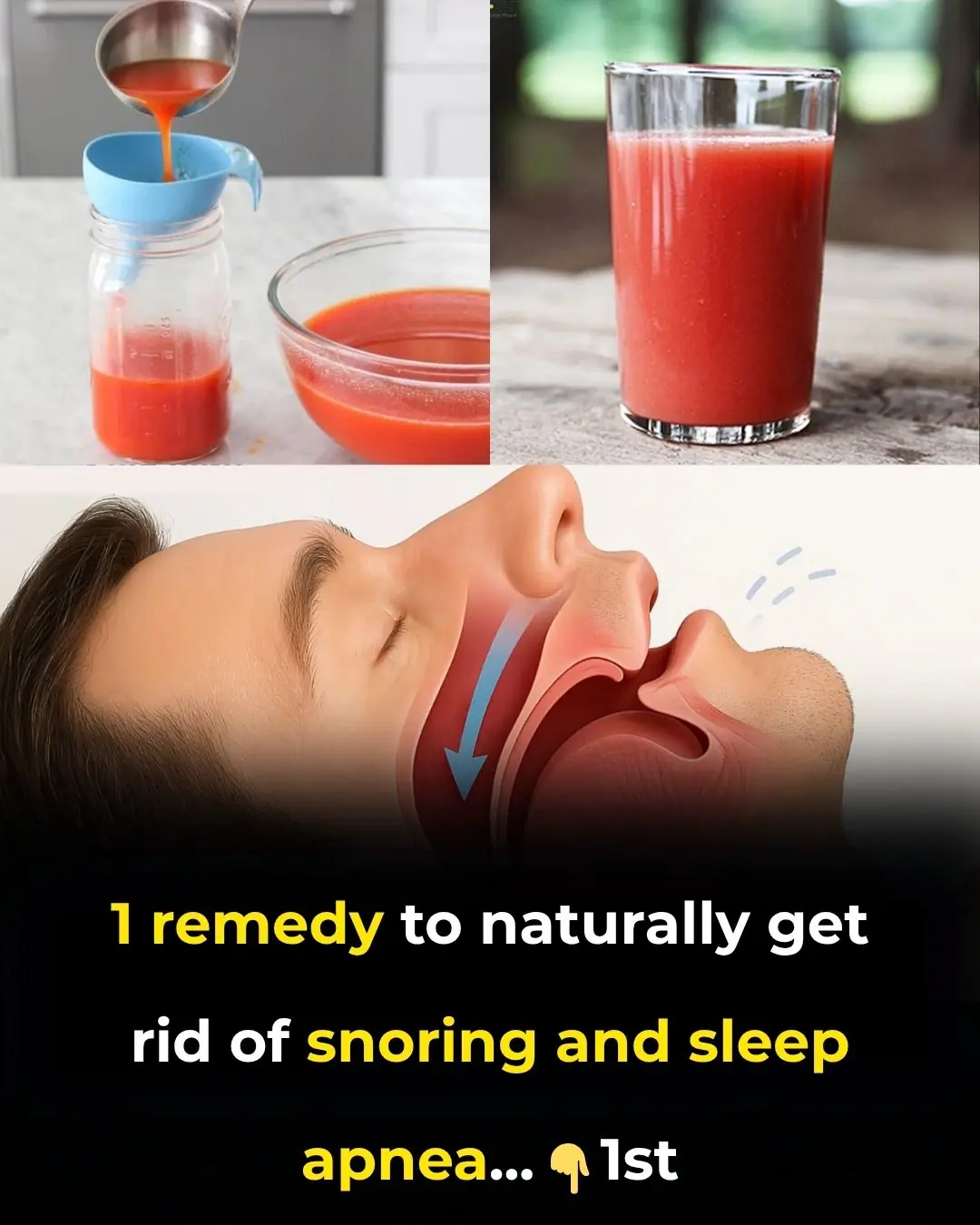
1 Remedy to Naturally Get Rid of Snoring and Sleep Apnea
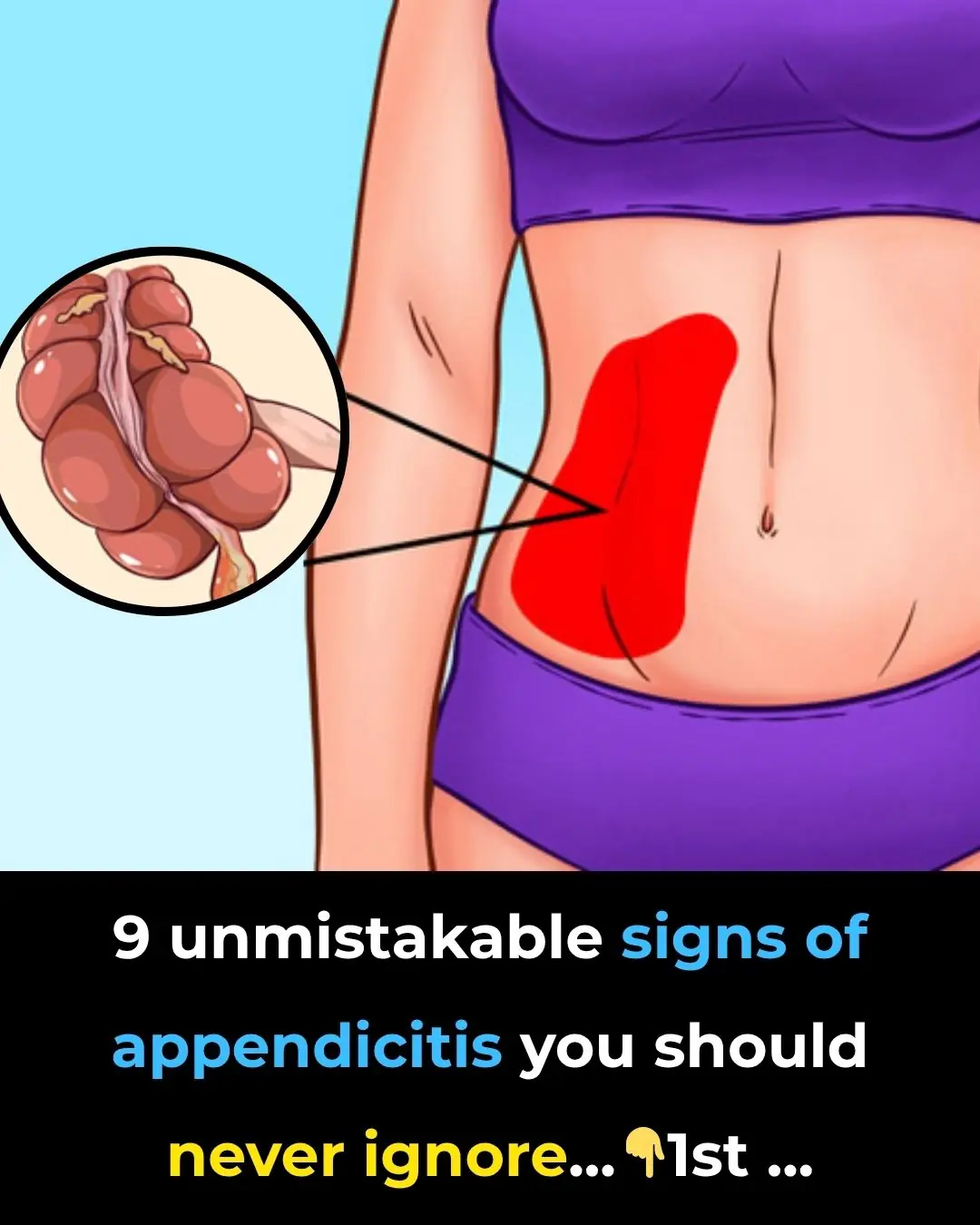
9 Unmistakable Signs Of Appendicitis You Should Never Ignore
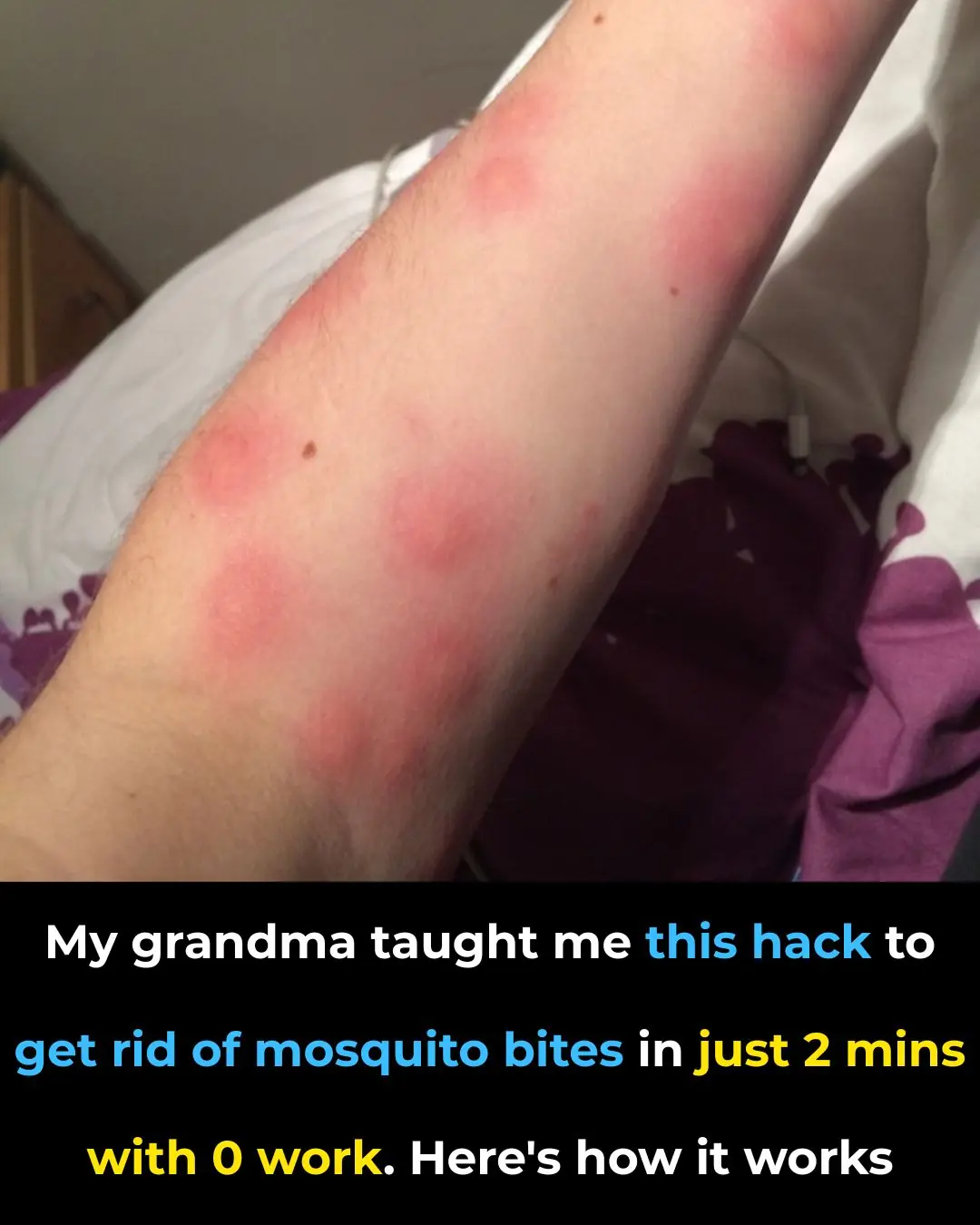
The Hot Spoon Hack for Mosquito Bites
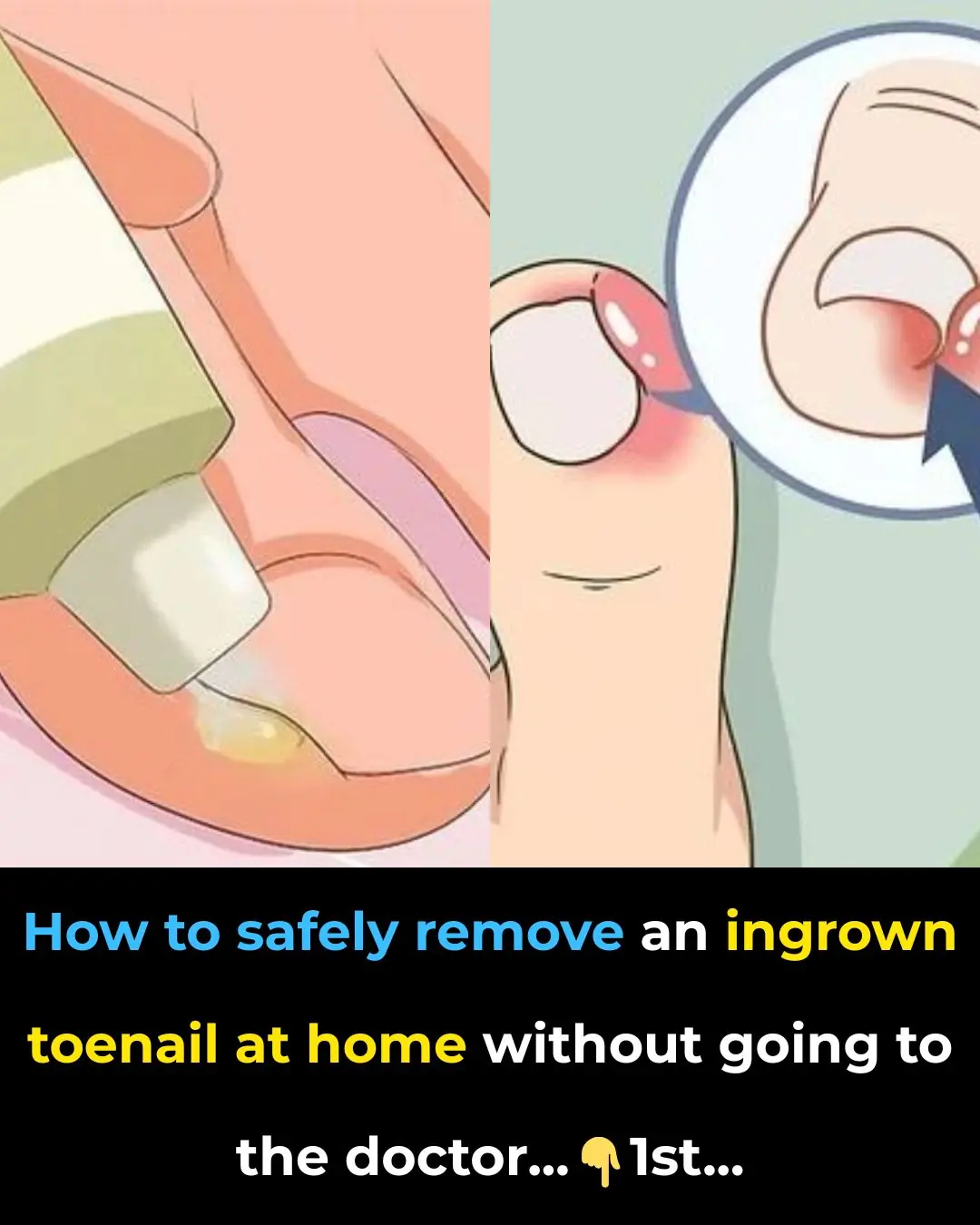
How to Effectively Remove a Painful Ingrown Toenail WITHOUT Having To Go To The Doctor
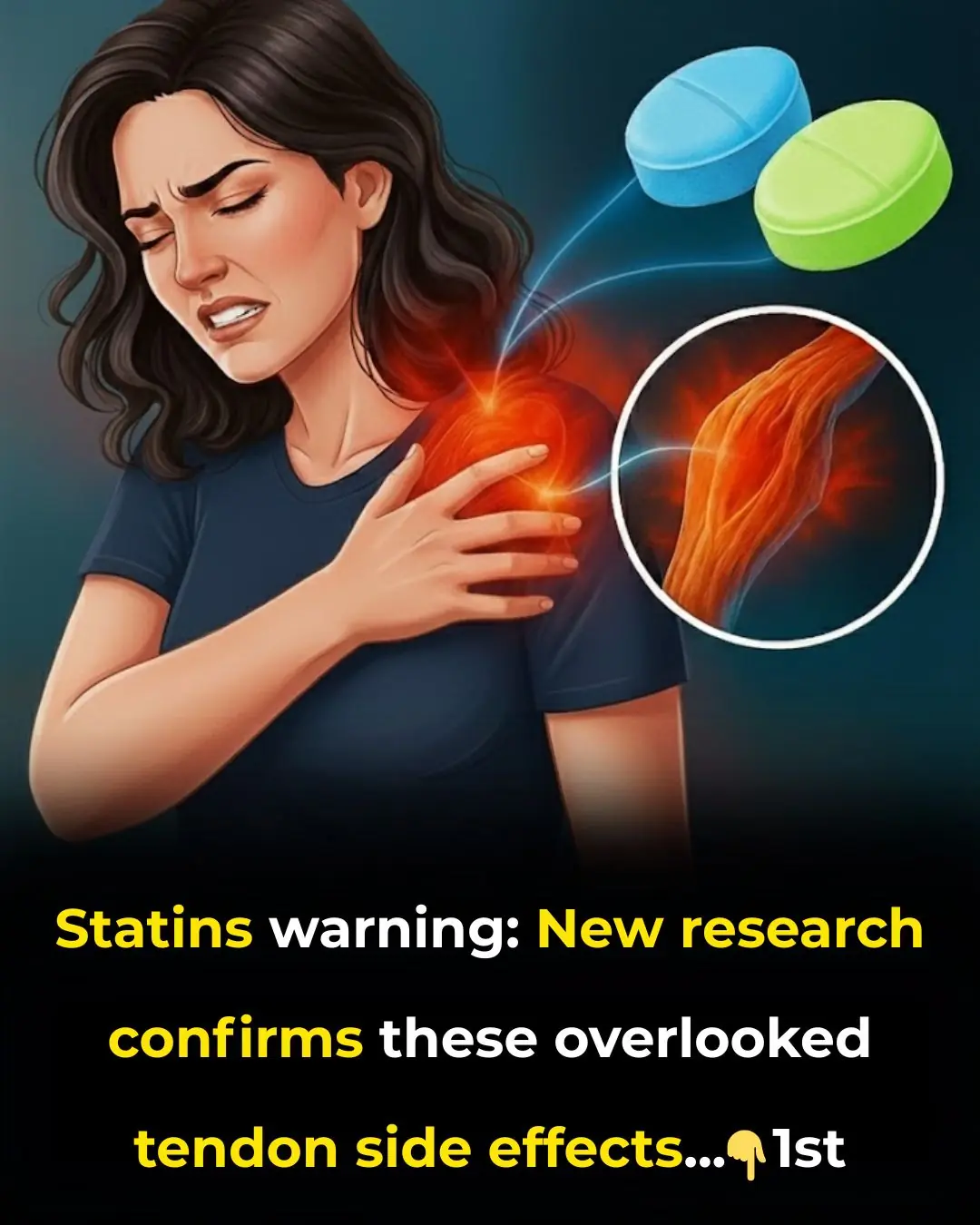
Statins warning: new research confirms these harmful side effects

Too Friendly for Police Work, Perfect for Your Home: Adopt Former Service-Dog Trainees
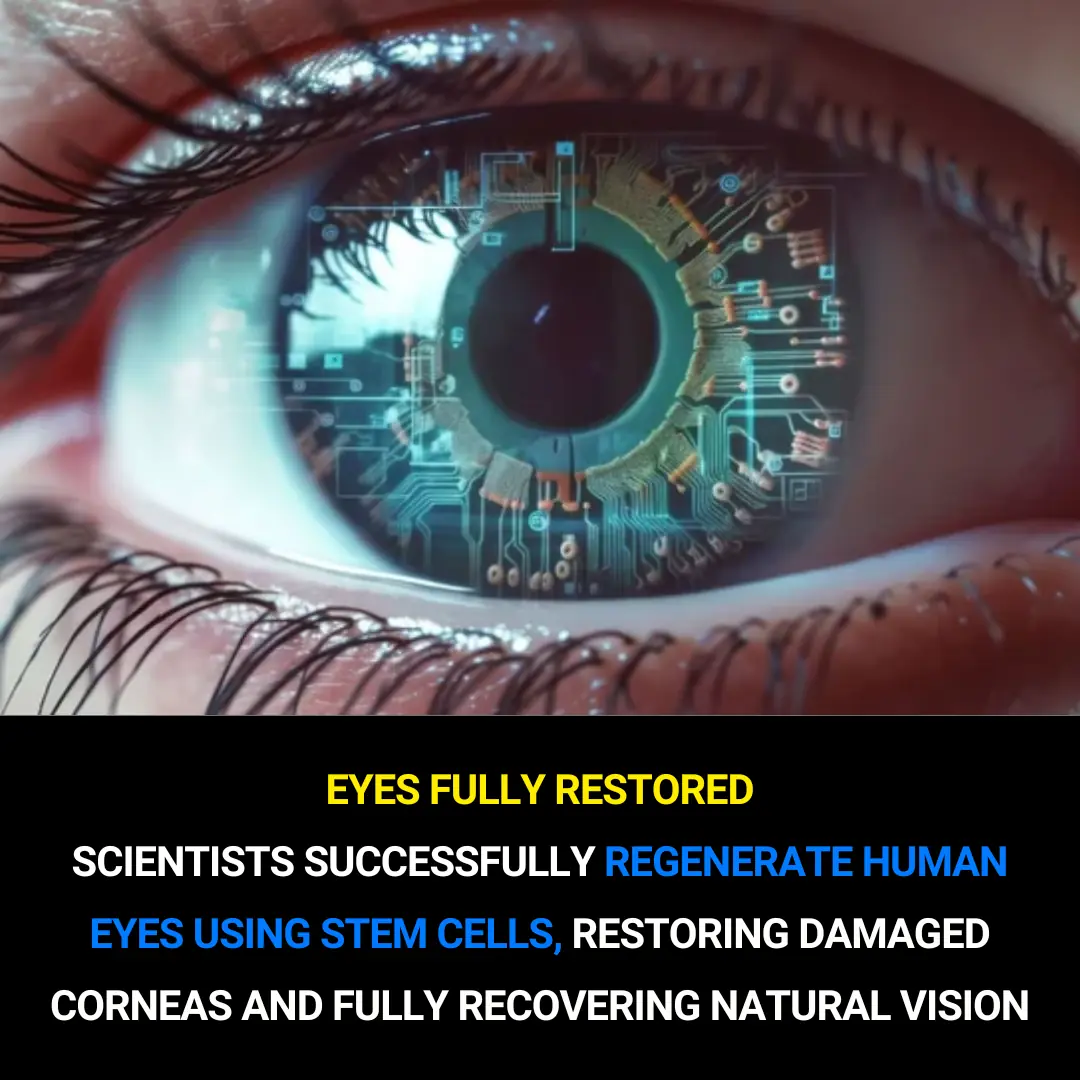
Stem Cell Breakthrough Restores Natural Vision by Regenerating Damaged Corneas
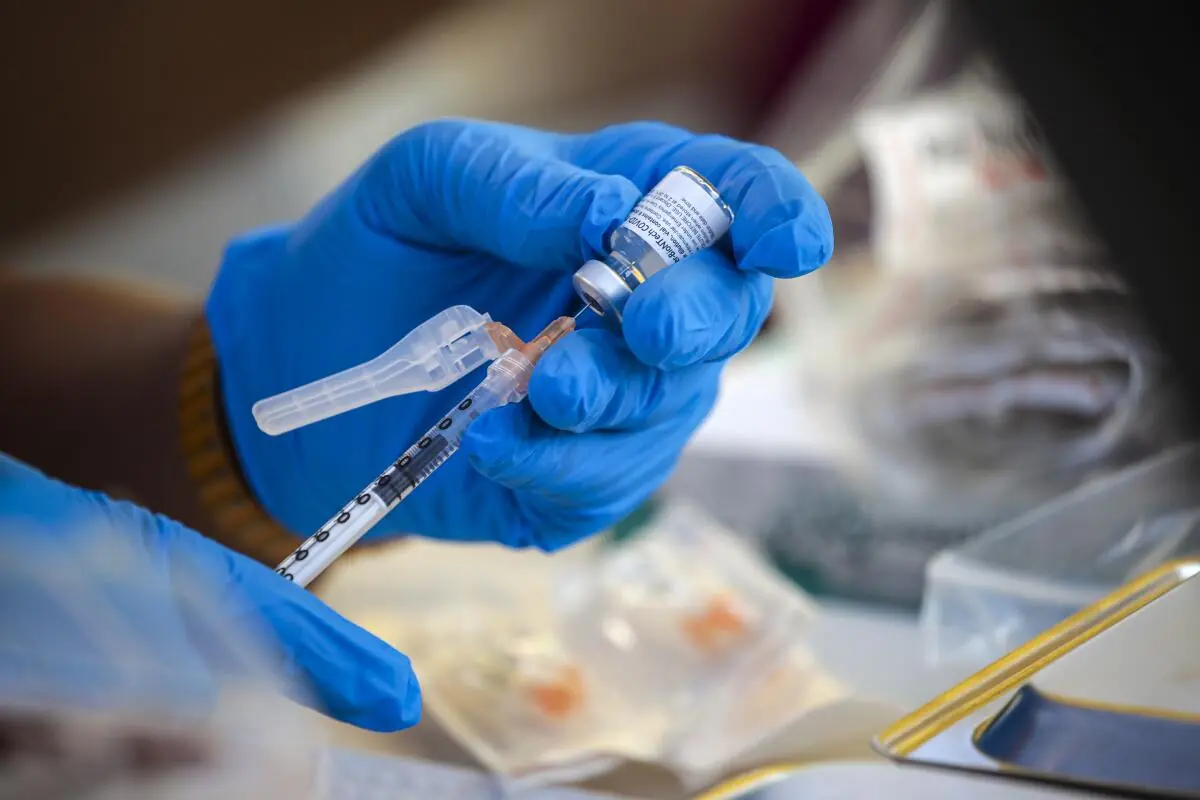
COVID-19 Infection Poses Far Greater Health Risks Than Vaccination – New Large-Scale Study Confirms
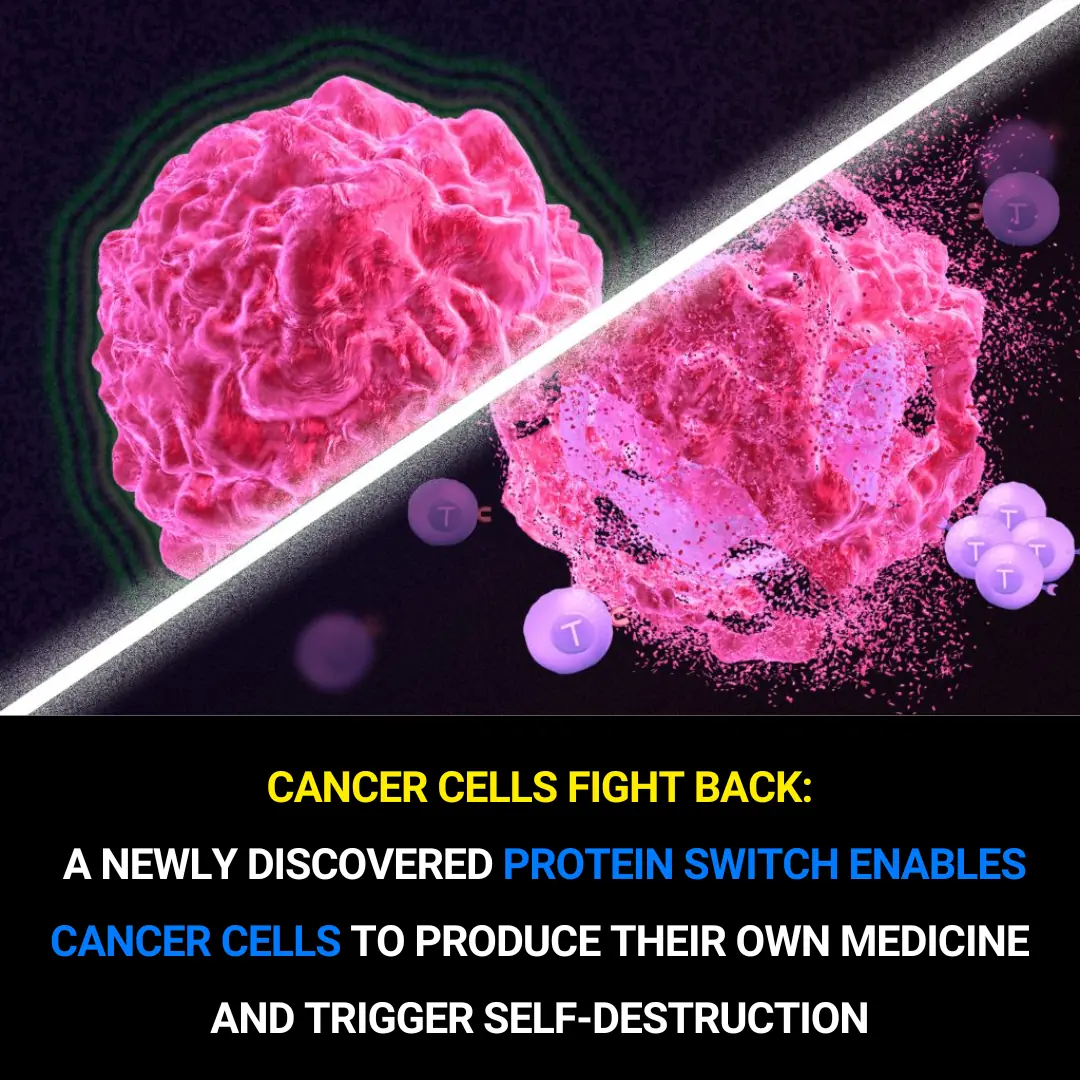
A Newly Discovered Protein Switch Could Transform Cancer Treatment
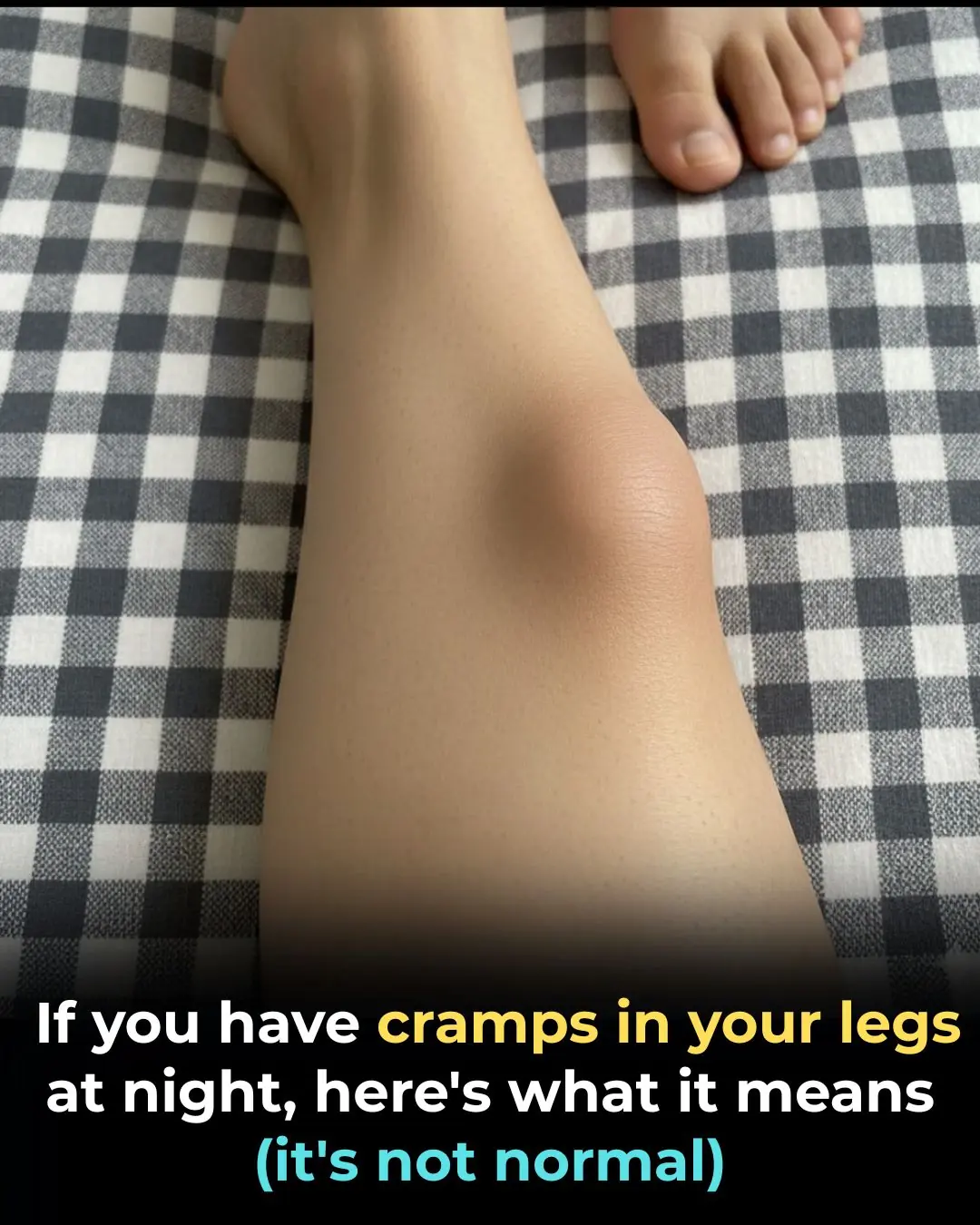
When Nighttime Leg Cramps Become a Concern
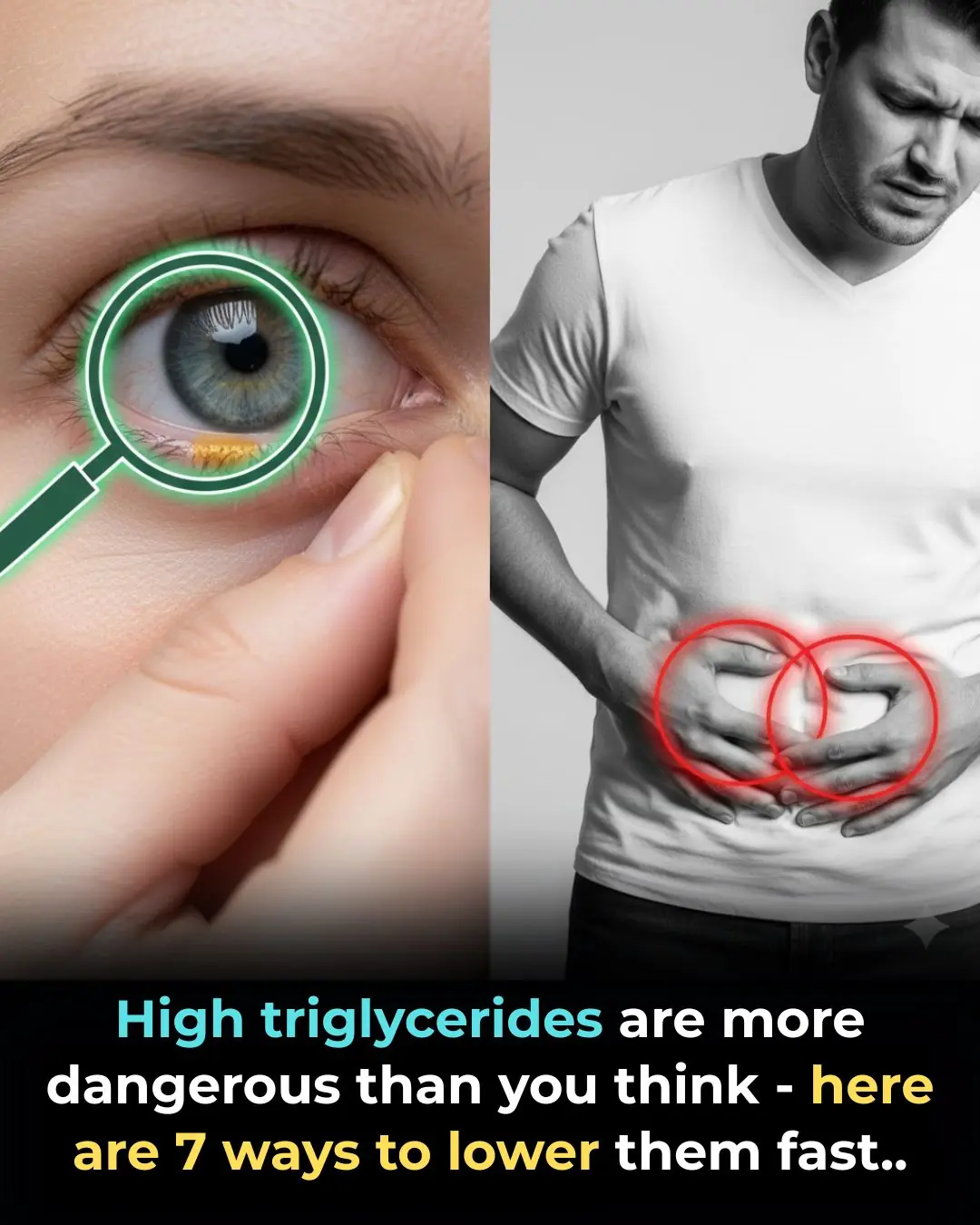
7 tips to eliminate dangerous blood fat
News Post
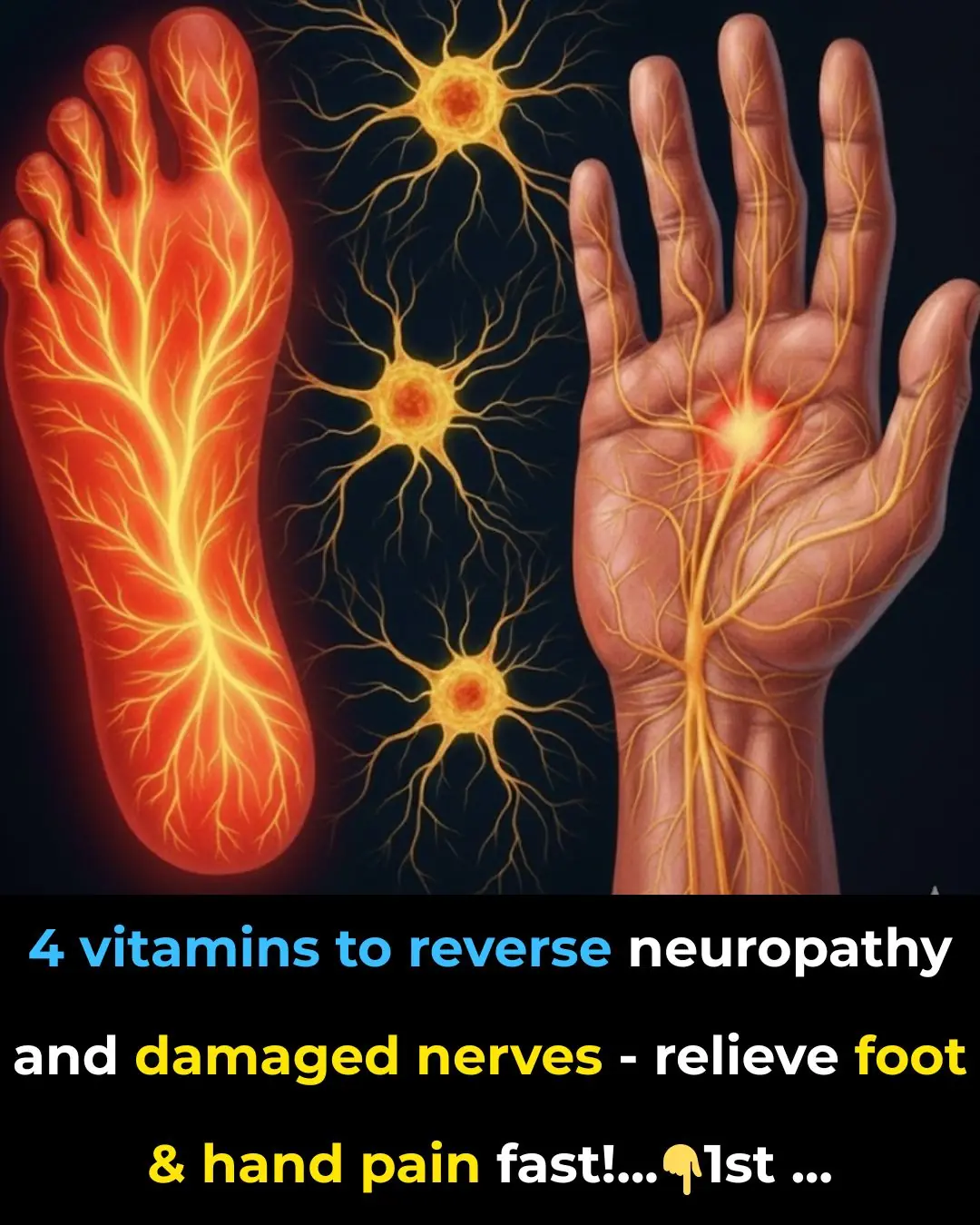
4 vitamins to reverse neuropathy and damaged nerves – relieve foot & hand pain fast!
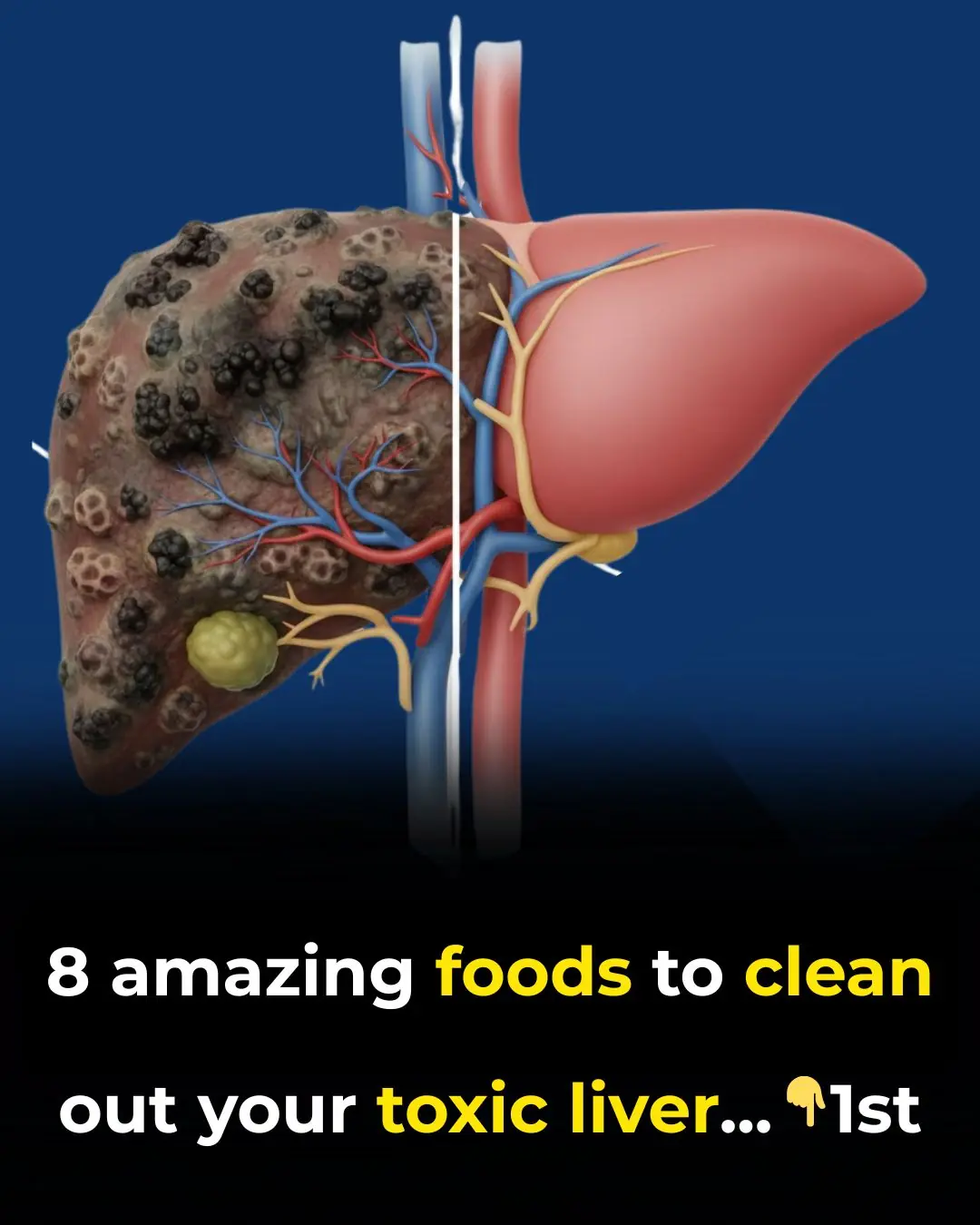
8 Amazing Foods To Clean Out Your Toxic Liver
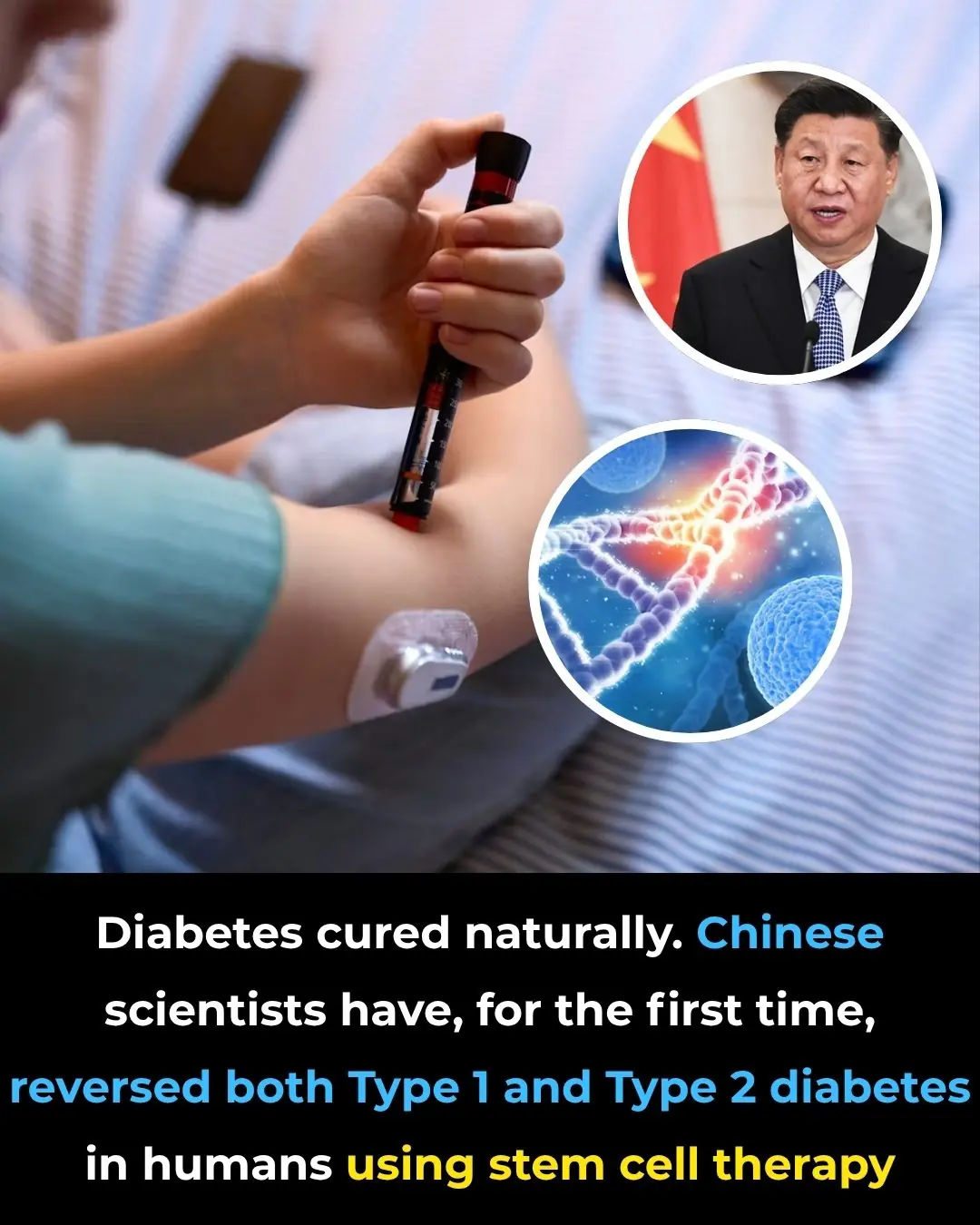
Stem Cell Breakthrough Offers New Hope for Reversing Diabetes in Early Human Trials

These 11 simple mistakes are giving you false high blood pressure readings – doctors confirm

More Than 300 Kidney Stones: A Startling Warning About Sugary Drinks and Dehydration

Vitamins Every Senior Needs for Stronger Legs

What It Means If You Always Need To Poop Straight After Eating

🩺 If Your Kidneys Are in Danger, Your Body Will Warn You With These 8 Signs

7 Ways To Instantly Stimulate Your Vagus Nerve To Fight Inflammation, Depression And Migraines

10 Worst Food for Diabetics: Top Foods to Avoid

HERE’S HOW TO QUICKLY EMPTY YOUR BOWELS AND END CONSTIPATION

Masterful Painting Of Jesus By 8-Year-Old—Says She Saw The True Face Of Jesus

1 Remedy to Naturally Get Rid of Snoring and Sleep Apnea
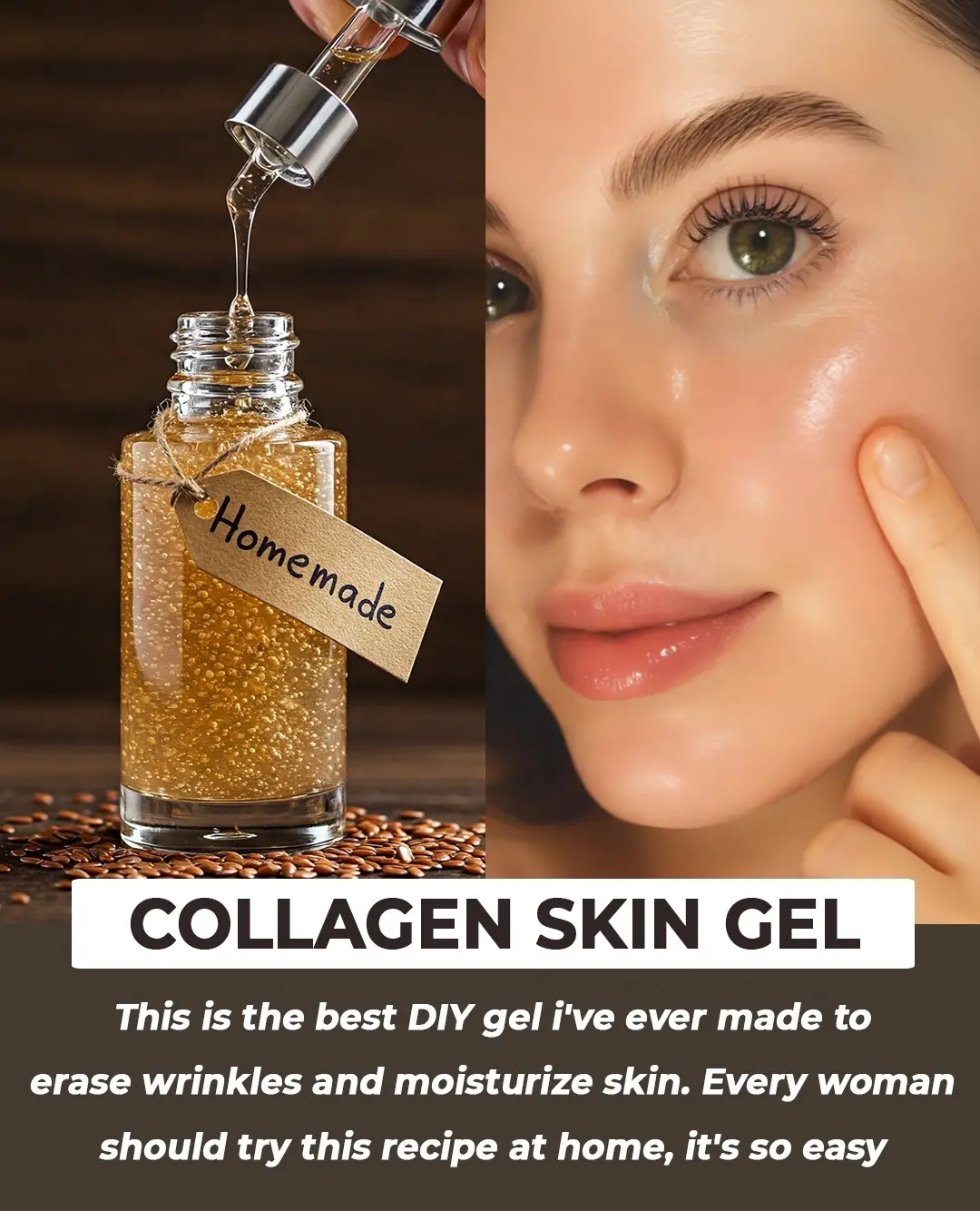
Unlock Radiant Skin: Your Comprehensive Guide to Homemade Flaxseed Gel
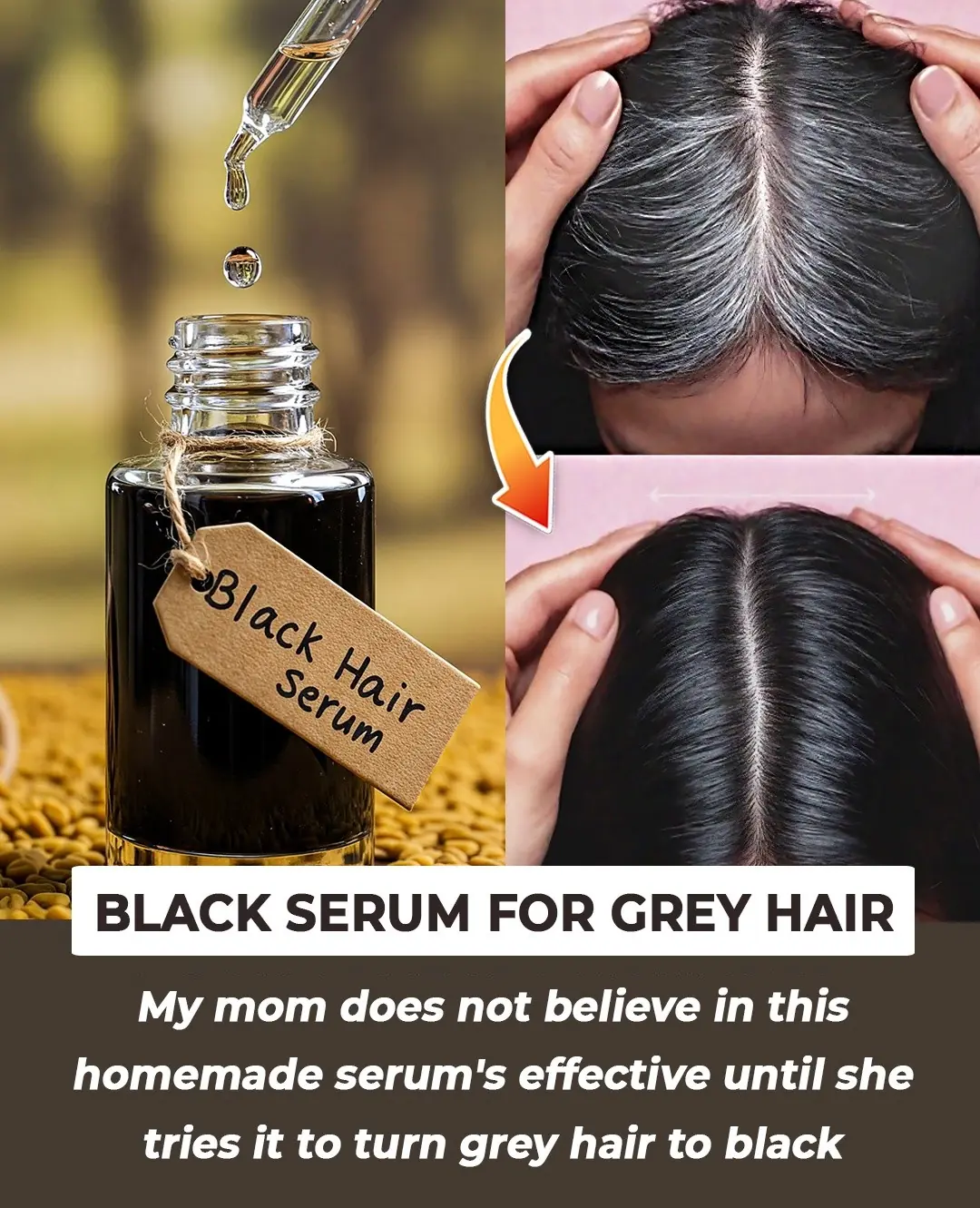
Can You Really Reverse Grey Hair? The Truth Behind Natural Remedies and Modern Treatments
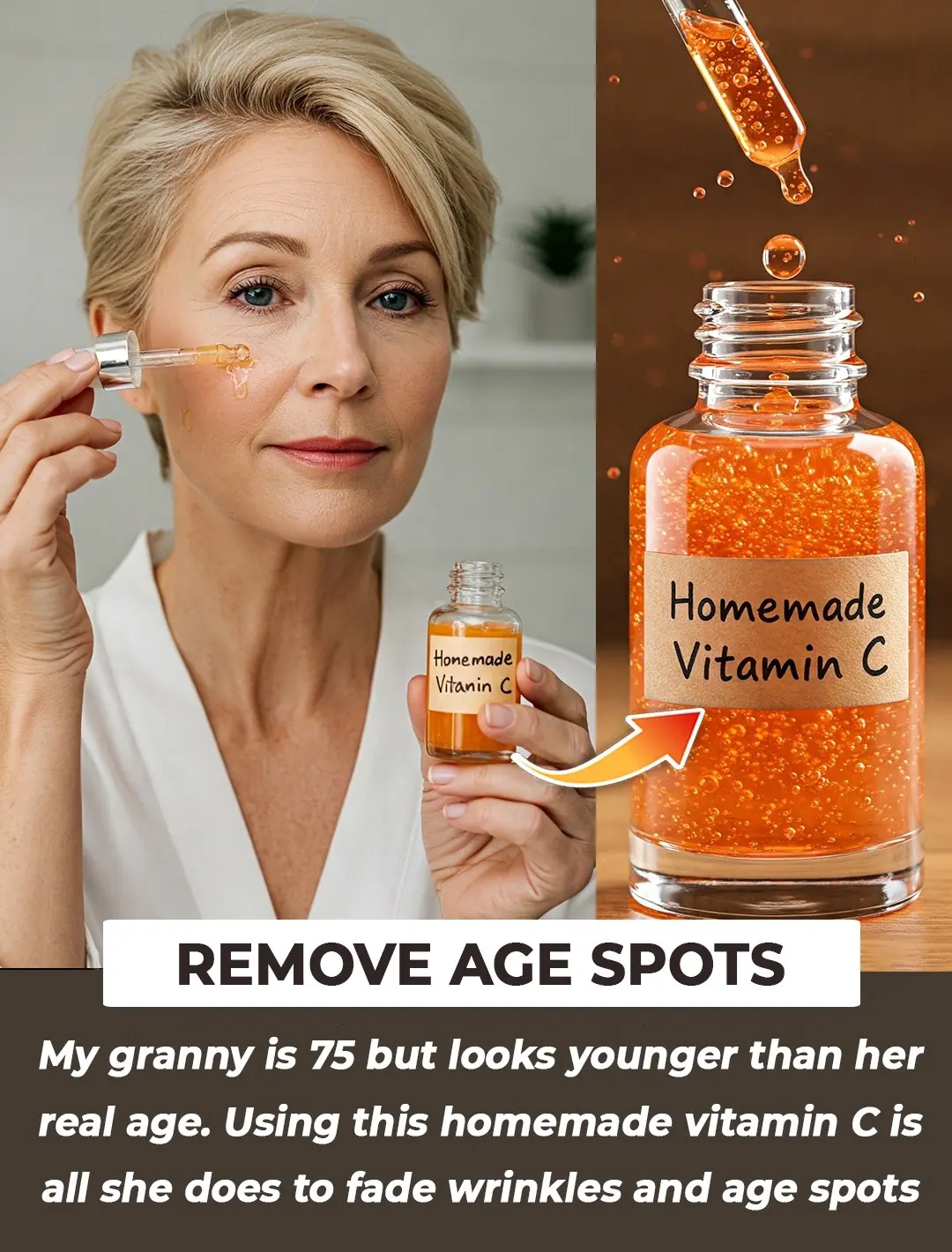
Homemade Vitamin C Serum: Your DIY Secret for Clear, Radiant Skin
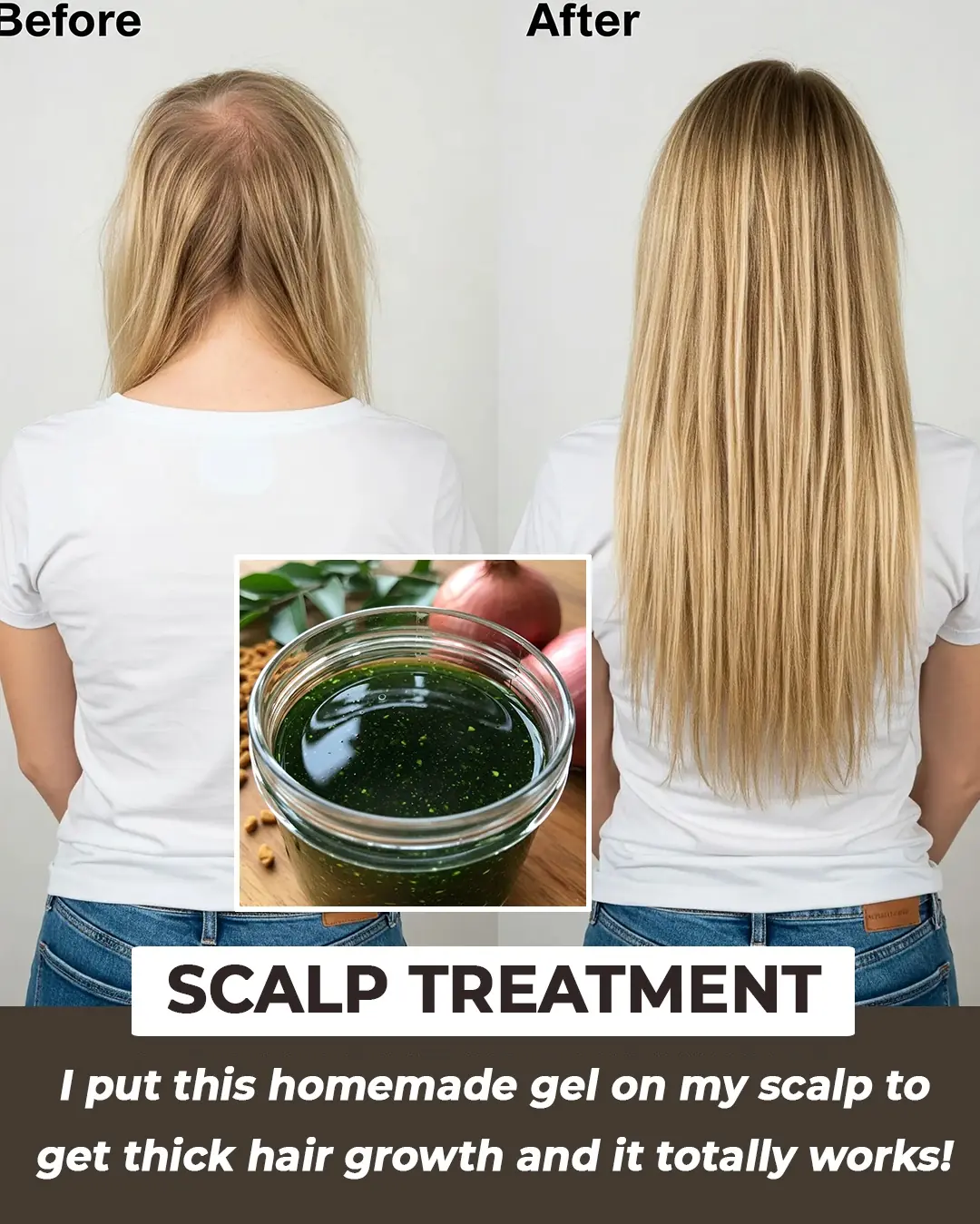
Homemade Tonic For Thick Hair Growth

Richard Gere reveals what he misses most after ditching the US for Europe
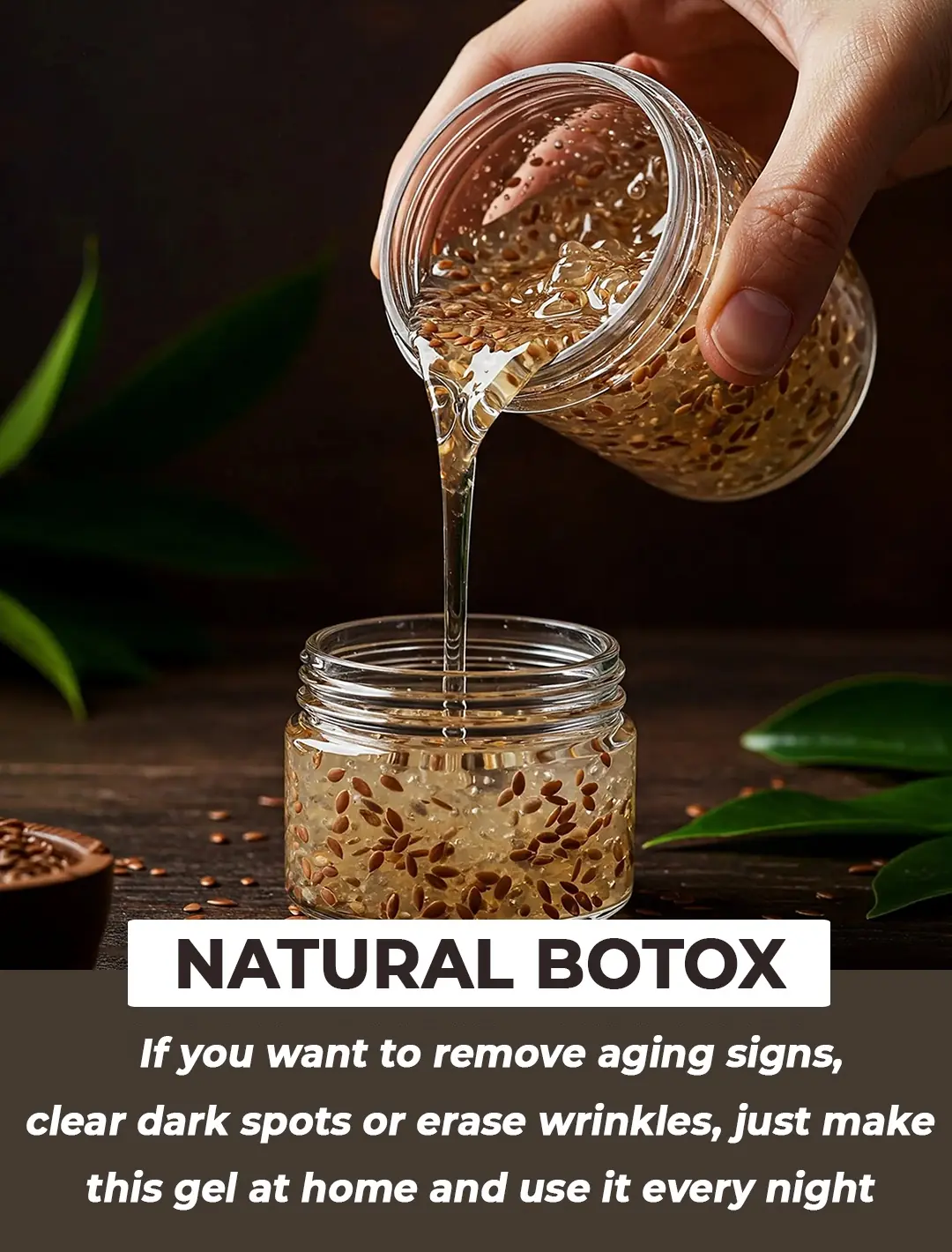
Flaxseeds Gel Night Cream To Prevent Early Signs Of Aging
